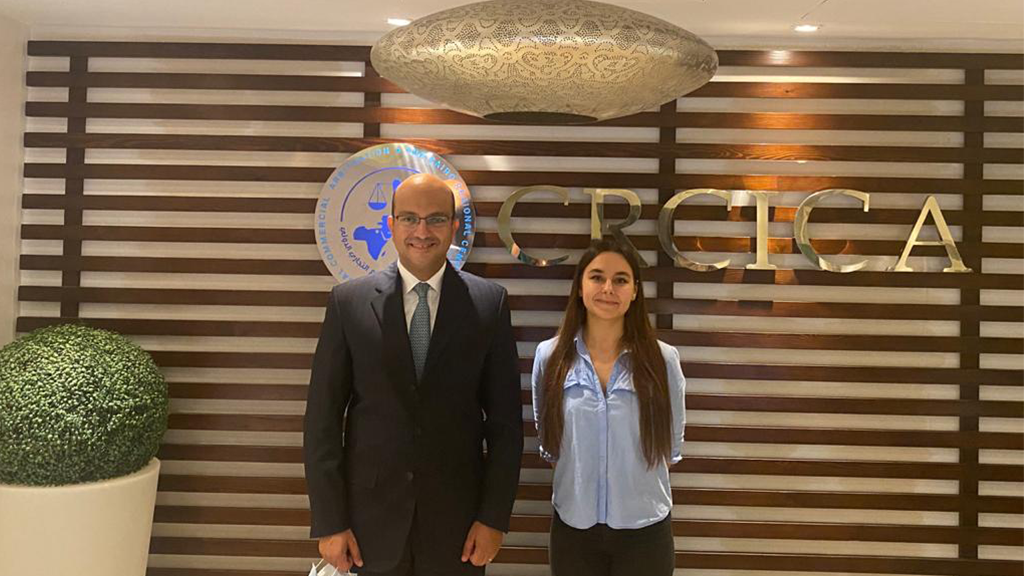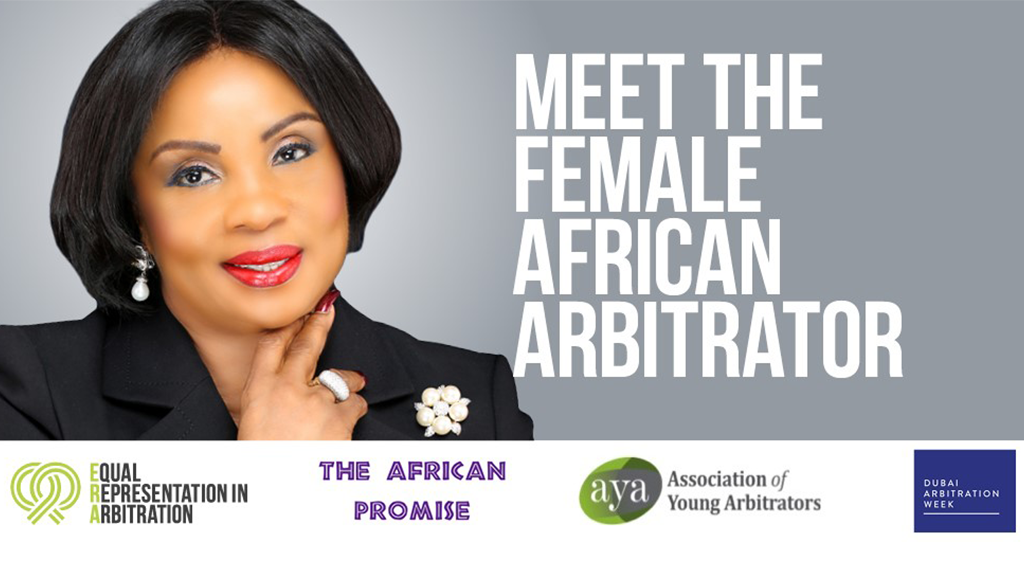Maghreb’s Day of International Commercial Arbitration’ organized by the ICC on 14 June 2019, in Tunis, Tunisia.
Dr. Ismail Selim, The Director of CRCICA, was invited to deliver the opening speech of the Maghreb’s Day of International Commercial Arbitration’ organized by the ICC on 14 June 2019, in Tunis, Tunisia.
Dr. Selim’s speech was delivered in French and was titled “L’arbitrage Integre” or “The Integrity of Arbitration”. He presented the benefits of the minimal intervention of the State in the arbitration process where the State’s role is kept as a guardian, an analogy with Adam Smith’s liberal economy theory. Such theory considers the market as auto-regulating, with an invisible hand, and that this auto-regulation is possible in the sole case where the state’s intervention is reduced to a minimum. In this respect, Dr. Selim argued that the State should not intervene in arbitration in order to preserve its integrity save for securing arbitration by way of enacting a modern arbitration legislation and adhering to the New York Convention. Consequently, the good administration of arbitral justice can only result in the development of the general interest of international trade and investment. Some examples were used to demonstrate that an excessive intervention of the State, in particular through inappropriate Criminal Law provisions or criminal court decisions in the UAE and Qatar respectively could be harmful to arbitration and consequently to investment and economy.
On the other hand, Dr. Selim provided that in order to preserve the general interest of arbitral justice, institutional integrity must be preserved. Such institutional integrity must be guaranteed by arbitration centers and institutions. As such, Dr. Selim showcased that a proper arbitral institution requires a solid, complete and updated set of arbitration rules. Such center may have accredited arbitrators with a diversity of nationalities and gender. Dr. Selim took as an example the ICC and the CRCICA, in comparison with the numerous sham arbitration centers in Egypt and elsewhere. Dr. Selim mentioned the Chevron case an example of the harm that may be caused by such sham arbitration center and the lack of institutional integrity.







Leave a Reply